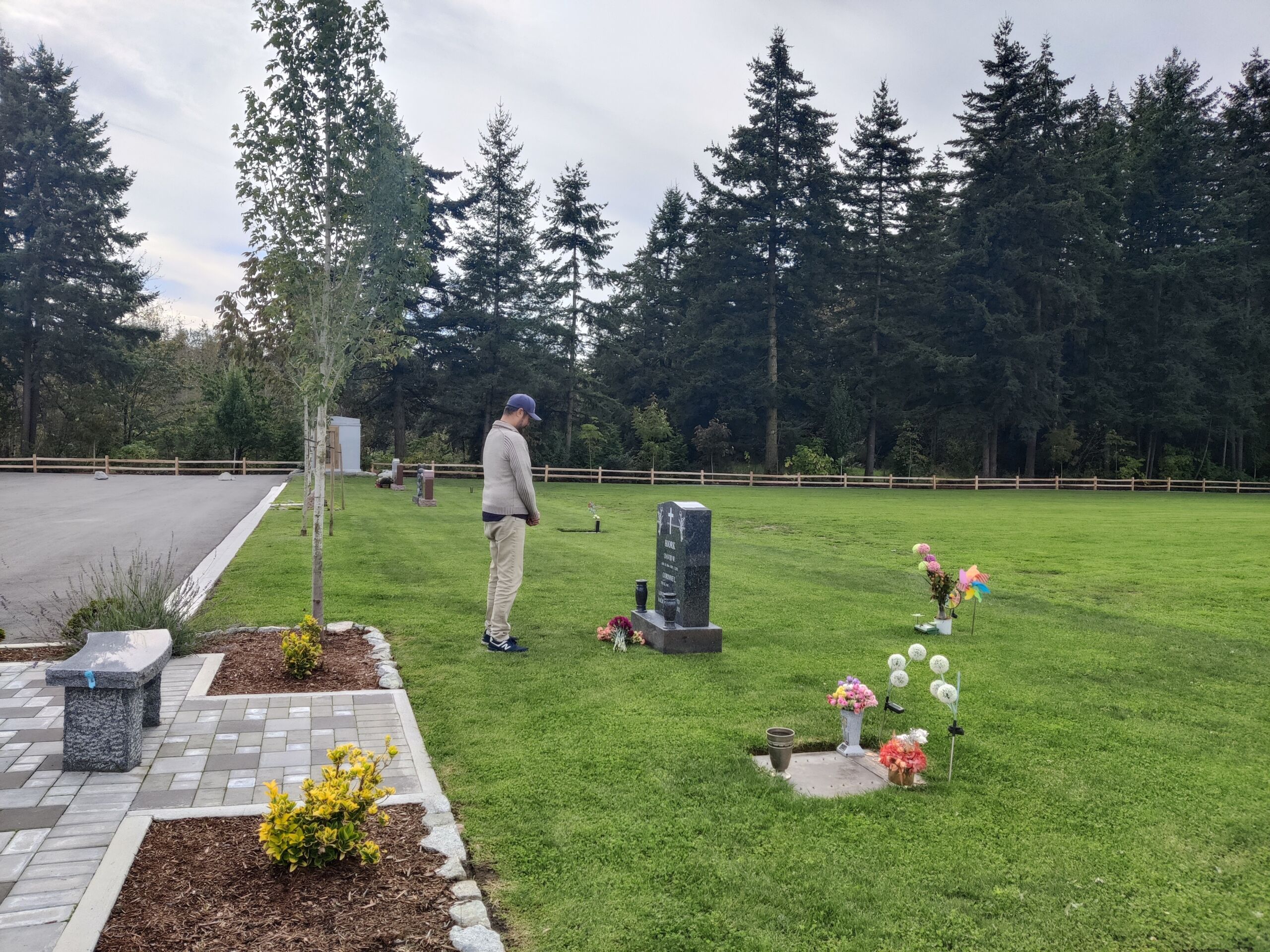Shabbat is the weekly day of rest for Jews, where all work is prohibited. It’s a day that Jews may spend relaxing with their family or observing in a more traditional way in a synagogue. However, many wonder if they can use this time to visit their loved ones who’ve passed away. So, can you visit a Jewish cemetery on Shabbat?
You cannot visit Jewish cemeteries on Shabbat, as it is considered as a day of rest and a day of celebration. Judaism discourages lingering emotions for the dead and focuses on an individual’s connection to God and life. This philosophy directly contradicts grave visitation during Shabbat.
However, Shabbat is not the only day when you cannot visit a Jewish graveyard. There are specific days that have been designated as ideal for grave visitations, and certain days are strictly forbidden. In this blog, we’ll give you a list of these days and discuss why Judaism is so strict about cemetery visitation.
Why Can You Not Visit a Jewish Graveyard on Shabbat?
Shabbat is the Jewish day of rest and celebration that begins on Friday before sunset and lasts till the following evening after nightfall. There are two primary reasons why Judaism prohibits visiting burial sites on Shabbat:
- Weekly Day of Rest: Genesis 2: 1-3 declares Shabbat as a blessed day of rest, and Exodus 20: 8-10 forbids any Jew, their kin, their employees, and their animals from any kind of work. There are 39 forbidden labors or melachots that cannot be performed during Shabbat. Modern interpretations of these labors disagree with graveyard visitations.
- A Day of Joy: Shabbat, along with a few other Jewish occasions is considered to be joyous. Any form of mourning or other saddening actions are highly discouraged on these days by the Halachic laws.
Jeremiah 22:10 states, “Weep ye not (too much) for the dead.” Judaism reveres the cemetery more than a synagogue but also encourages mourners to strengthen their ties to God and the living. Visiting the dead often or on religious occasions violates this principle.
What Other Days are Forbidden for Jewish Grave Visitations?
Jewish Cemeteries are typically not frequently visited by people, as it’s frowned upon to be hung up on those who are gone. However, there are special occasions like Sabbat when visiting a burial site is strictly prohibited. Here’s a comprehensive list of these days:
- Hanukkah
- Middle days of Chol Ha-moed (Passover)
- Middle of Sukkot
- Rosh Chodesh
- Sheloshim
Among these days, visiting a grave during Sheloshim is especially forbidden, as it is when a soul is being judged. Visiting a loved one on this day will only add to the burdens of the soul. But this is debated, and some even encourage visitations on this day.
When Can You Visit a Jewish Cemetery?
It is advised that the deceased’s family visit the grave after they have sat Shiva. Afterward, they may visit the grave on Sheloshim, which is the 30th day after burial. This is considered the end of the official mourning period, although there are other occasions when visiting a grave is considered ideal. I’ve compiled a list of these days for you here:
- Yahrzeit (anniversary of death)
- Day before Rosh Hashanah
- Day before Yom Kippur
- Tishah B’av (9th day of Av)
- Times of crisis
- Moments of crucial decisions
You may also visit a Jewish cemetery during Kever Avot and Yizkor, which are communal memorials. If you want to know further, you can always contact us at Bakerview Memorial Cemetery. Our experts are well-versed in Jewish burial customs and can provide a clear insight.
Looking for an Accepting Option? Choose Bakerview.
Bakerview Memorial Cemetery is open to all Faiths, Cultures, and Religions, and is the affordable legacy building option in the Lower Mainland. We have entire sections dedicated to the various faiths and cultures of the greater Vancouver region. Though we are not a Jewish only cemetery, we have been able to accommodate the wishes of all the families we serve.
Bakerview Memorial Cemetery is run by staff with over 100 years of experience in total. It’s run by three owners who have vast experience in caring for their local lower mainland communities. Whether you want to consult an expert on Judaism’s principles regarding death or wish to find a family estate for you and your loved ones, Bakerview can provide you with the exact answers and services that you want.
Conclusion
Shabbat is an occasion of joy and relaxation to be spent with the living, not to lament the dead. Judaism focuses on strengthening everyone’s connection to God, and an individual’s life. So, you can visit Jewish cemeteries on certain occasions but should refrain from making frequent visits.

Published: November 6, 2024